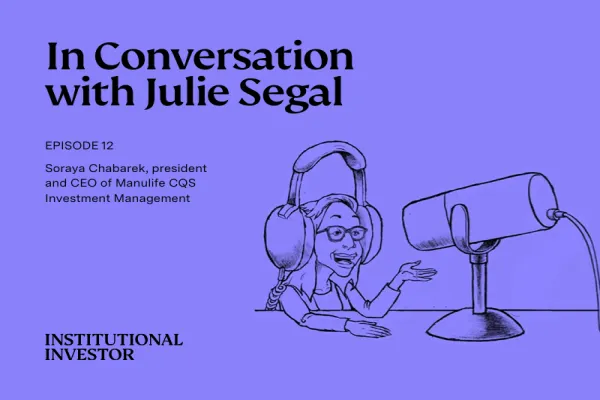A rally in emerging-market assets continued on Friday as rising commodity prices and accommodative policy moves offset growing concerns about political stability in sector stalwart Brazil. According to research compiled by Jefferies quantitative strategist Kenneth Chan, emerging equity markets concluded a third consecutive week of net-inflows on the 16th with new capital rising by 0.2 percent for the group. With the MSCI Emerging Market Index now approaching a 20 percent rebound from year-to-date lows, strategists who turned bullish on the group earlier in the year appear vindicated for now.
Japanese bond yields hit new record low. On Friday, the yield on Japanese government bonds contracted across the full curve with 10-year note yields falling to an unprecedented negative rate of -0.135 percent and 20-year duration bonds at an all-time low of 0.29 percent. A recent upswing in investor demand for Japanese government debt has exacerbated liquidity issues driven by the Bank of Japan’s quantitative easing purchase facility. In the wake of the BOJ announcement of negative benchmark rates, the notional value of Japanese government bonds trading at negative yields is now estimated by analysts to exceed 600 trillion yen ($5.38 trillion).
UBS bonus pool swells. In an annual report released on Friday, Swiss bank UBS Group announced a bonus pool 14 percent larger than in 2015, with the performance compensation for CEO Sergio Ermotti rising by more than 35 percent versus last year. The Basel-based bank has increased its compensation while its primary European competitors scaled back payments, evidence that its strategy of exiting riskier capita-markets business lines in favor of wealth management yields results.
J.P. Morgan to boost buyback. An announcement on Thursday revealed an expanded share-repurchase program for New York’s J.P. Morgan Chase & Co., the largest U.S. bank by assets, with $1.8 billion added to the preexisting $6.4 billion buyback facility blessed by Federal Reserve regulators. The fresh funds are slated to retire shares by the end of June.
Porsche execs not guilty of manipulating Volkswagen shares. A court in Stuttgart today acquitted Wendelin Wiedeking and Holger Haerter, the former CEO and CFO, respectively, of Porsche, of manipulating the stock of Volkswagen in 2008 during a failed attempt by the performance-car producer to take over VW. The presiding judge derided the prosecutor’s’ arguments during summation, saying that they lacked merit. The heart of the case against the two men was centered on public denials that Porsche was considering a takeover while building a position. In the wake of the credit crisis, Volkswagen ultimately acquired Porsche.
Portfolio Perspective: Policy Relieves Bearish Pressure on EM for Now
Dovish central bank policies are central to current action in global markets beyond the basic element of lower rates. One critical consideration is that through the currency markets, the policies have eased financial conditions in both developed and emerging markets. This takes a lot of bearish pressures away from the yuan, and China now has the ability to both strengthen it against the dollar and depreciate it against the broader People’s Bank of China currency basket. This removes a big bearish threat to risk assets globally, at least for now.
For emerging market currencies, this allows potential for further appreciation and the opportunity for related central banks to rebuild their foreign-exchange reserves. One side effect of this is that it should stop the central bank selling of Treasuries and lead to at least some buying. The situation could also create emerging-market inflows and in turn accelerate the rallies in these markets.
One thing that investors in all risk assets globally must now confront more intensely is pressure to reduce their underweight positions. It is now much harder to justify overweight cash/short asset positions, particularly as quarter-end approaches in two weeks.
Most investors appear to have remained significantly underweight, with many actually adding hedges during much of the recent rally in risk assets. There is still much skepticism toward the sustainability of the current uptrend. But the fundamental and technical backdrop has changed quite a bit in recent weeks. It is thus increasingly difficult for investors to keep underperforming much longer. This should drive a lot more buying. Cash holdings among U.S. equity money managers are said to be near their highest level in 15 years, and this is probably the case in other risk asset classes.
The coming quarter-end should thus motivate more buying, in turn raising the potential for the pace of the risk-asset rallies to accelerate sooner rather than later. And part of this may occur amid reduced liquidity in connection with upcoming Easter holidays in many countries. The merits of market-focused central bank policies and intervention can justifiably be debated. But the situation is what it is, and the pressure is now squarely on investors to react.
Karl Haeling is a vice president at Landesbank Baden-Württemberg in New York.






